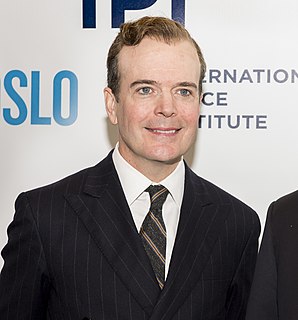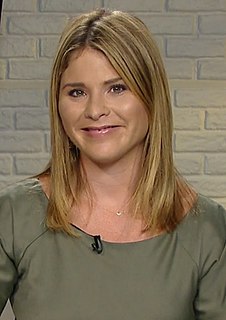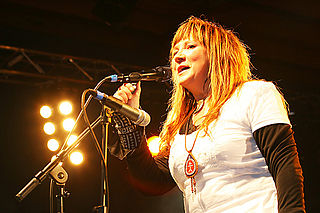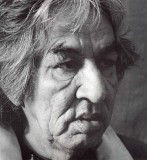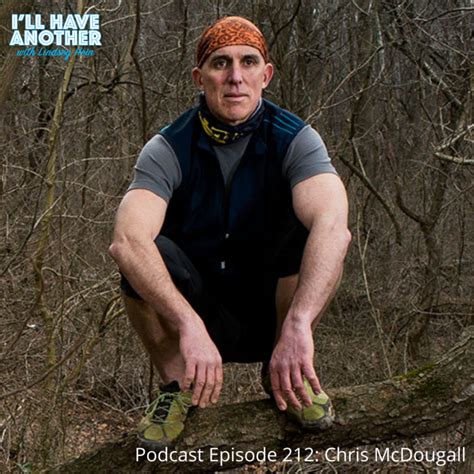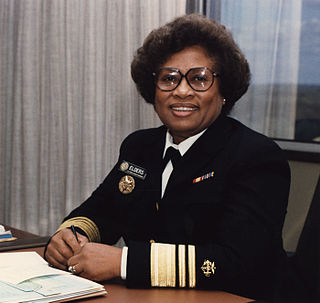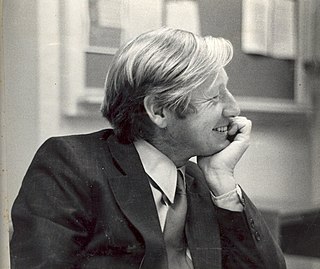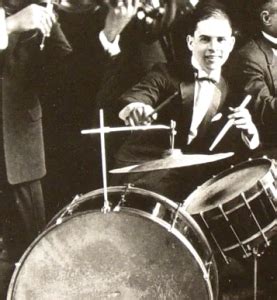A Quote by Anthony Horowitz
It is, of course, traditional in children's literature to get rid of the parents.
Quote Topics
Related Quotes
I was appalled at how children had become the focus and gravitational center of the nuclear family around which parents orbited instead of the traditional arrangement in which children orbited around their parents. This is a huge change because a critical job in early childhood is to get children weaned away from the total narcissism normal to infancy. With the children as the center of the family's actions and decisions, narcissism is at a minimum prolonged and may never significantly decline.
I always wanted to sing, I always loved to sing. As a child I was singing all the time, and my parents were singing all the time, but not the traditional songs because they were very Christian; the Christian Sámis learnt from the missionaries and the priests that the traditional songs were from the Devil, so they didn't teach them to their children, but they were singing the Christian hymns all the time. So I think I got my musical education in this way. And of course the traditional songs were always under the hymns, because it doesn't just disappear, the traditional way of singing.
Harry's status as orphan gives him a freedom other children can only dream about (guiltily, of course). No child wants to lose their parents, yet the idea of being removed from the expectations of parents is alluring. The orphan in literature is freed from the obligation to satisfy his/her parents, and from the inevitable realization that his/her parents are flawed human beings. There is something liberating, too, about being transported into the kind of surrogate family which boarding school represents, where the relationships are less intense and the boundaries perhaps more clearly defined.
Of course all children's literature is not fantastic, so all fantastic books need not be children's books. It is still possible, even in an age so ferociously anti-romantic as our own, to write fantastic stories for adults: though you will usually need to have made a name in some more fashionable kind of literature before anyone will publish them.



